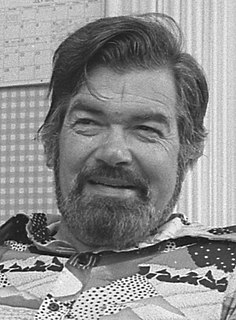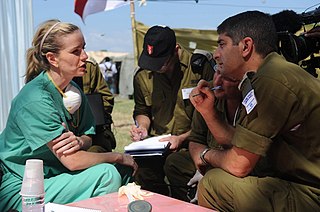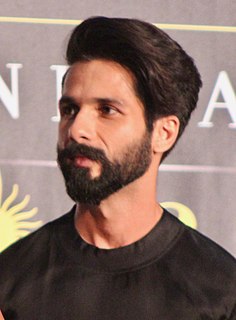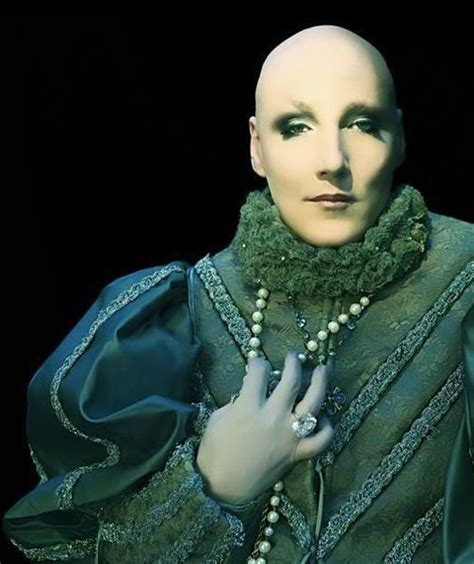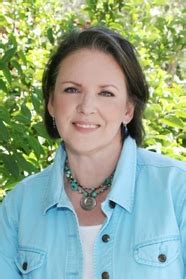A Quote by Laurence J. Peter
Heredity is what sets the parents of a teenager wondering about each other.
Related Quotes
I shall borrow two words used for a slightly different purpose by the great demographer Alfred Lotka to distinguish between the two systems of heredity enjoyed by man: endosomatic or internal heredity for the ordinary or genetical heredity we have in common with animals; and exosomatic or external heredity for the non-genetic heredity that is peculiarly our own - the heredity that is mediated through tradition, by which I mean the transfer of information through non-genetic channels from one generation to the next.
Religion shows a pattern of heredity which I think is similar to genetic heredity. ... There are hundreds of different religious sects, and every religious person is loyal to just one of these. ... The overwhelming majority just happen to choose the one their parents belonged to. Not the sect that has the best evidence in its favour, the best miracles, the best moral code, the best cathedral, the best stained-glass, the best music when it comes to choosing from the smorgasbord of available religions, their potential virtues seem to count for nothing compared to the matter of heredity.
His parents never talked about how they met, but when Park was younger, he used to try to imagine it. He loved how much they loved each other. It was the thing he thought about when he woke up scared in the middle of the night. Not that they loved him--they were his parents, they had to love him. That they loved each other. They didn't have to do that.
Emotional grandeur, rendered in the vernacular, has been Mona Simpson's forte. In her novels, 'Anywhere but Here,' 'The Lost Father' and 'A Regular Guy,' Simpson wrote wide and long and high about the most profound human bonds: parents and children lost each other, found each other, lost each other again, but differently.
Friends never cheat on each other, or take advantage, or lie. Friends do not spy on one another, yet they have no secrets. Friends glory in each other's successes and are downcast by the failures. Friends minister to each other, nurse each other. Friends give to each other, worry about each other, stand always ready to help. Perfect friendship is rarely achieved, but at its height it is an ecstasy.
I don't have a regular happy family like most people. My parents are separated; my dad married someone else and so did my mom. All my siblings are from my parents' other marriages. So yes, it is complicated, and I don't like talking about it or explaining this to everybody. But all this doesn't stop us from being close to each other.
We are all freaks. Yes! Alone in our rooms at night, we are all weirdoes and outcasts and losers. That is what being a teenager is all about! Whether you admit it or not, you are all worried that the others won’t accept you, that if they knew the real you, they would recoil in horror. Each of us carries with us a secret shame that we think is somehow unique…And if we are, each of us, freaks – then can’t we accept what’s different in each other and move on?
I've learned to become a progressive man because I have four women in my life. And their mother, who I'm not married to anymore, but who impresses me because of our relationship. Because we have a very deep and friendly relationship that is completely about who we really are now. Before it was husband, wife, mother, father. But now it's about who we are as human beings. Because we didn't give up on each other. And because we didn't hurt each other and blister each other from a divorce. We became tight. Best friends. And more than that even, because now we're best parents.
See, that's the thing about second chances. It's two people that are there for each other and support each other and care about each other no matter how much they want to deny it. It's about one person doing everything they can to make sure the other doesn't fall and vice-versa. Second chances are about holding on to that other persons hand no matter how hard they beg to let go.
